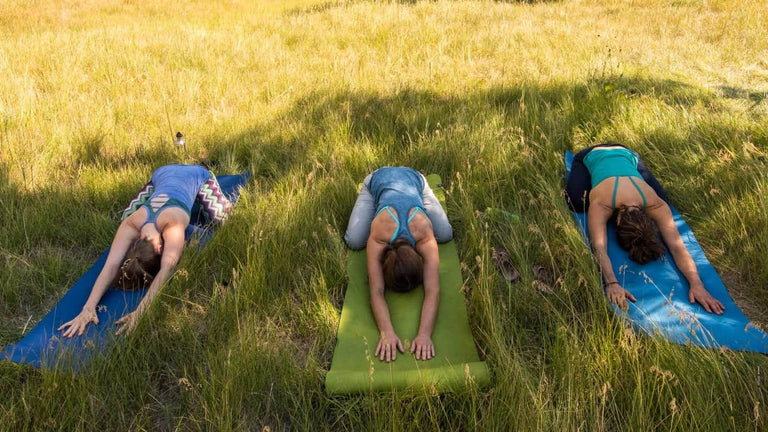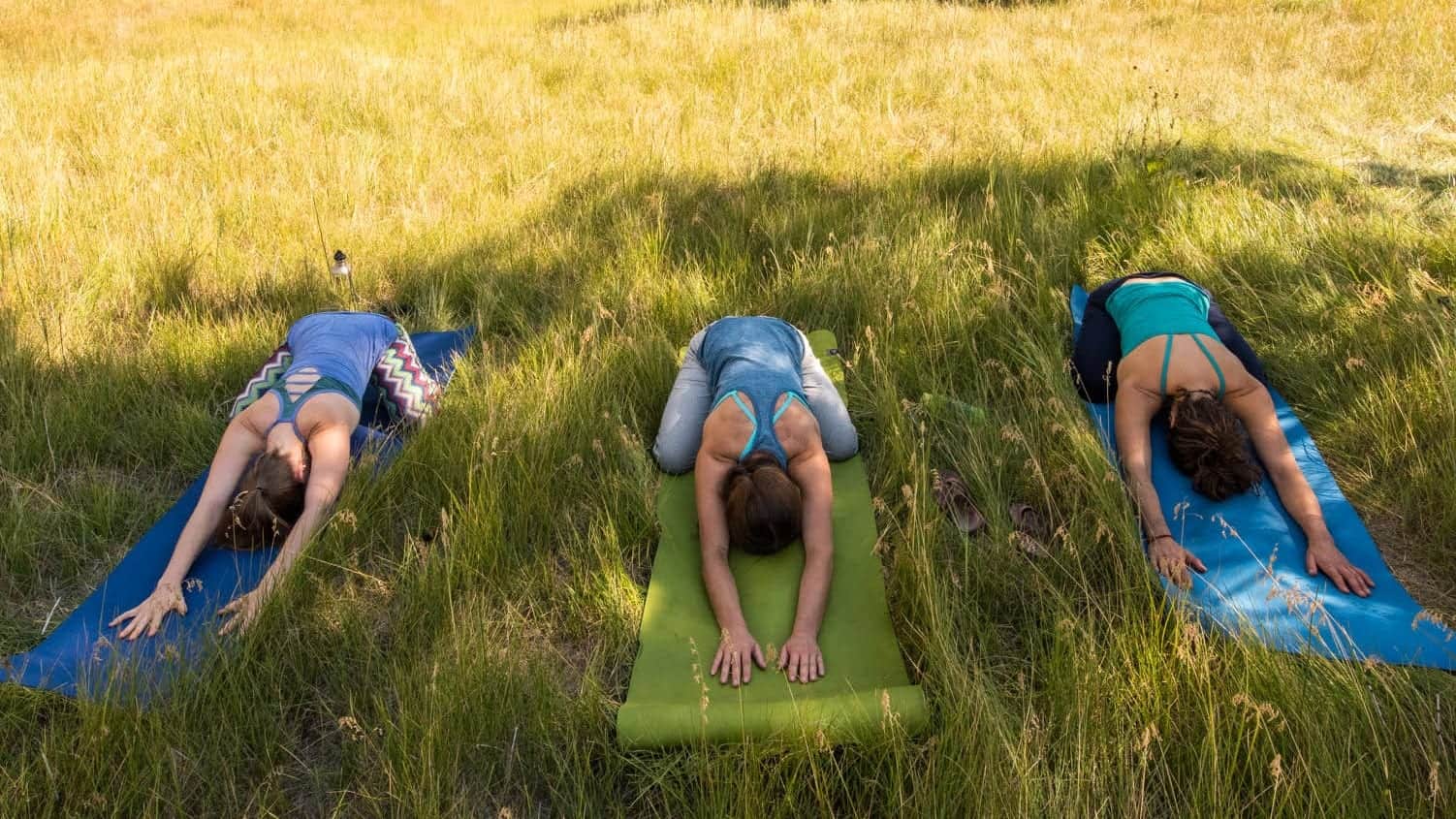We’re back with Part 2 on stress and the effect of adrenaline on the body.
If you’re just tuning in, here’s a quick review of Part 1:
We discussed how our bodies are placed in constant stress through our choice of activity (climbing, strength training, etc.) and everyday lifestyle factors (traffic, busy schedules, etc.). We also looked at how the body responds similarly to these stressors, releasing hormones like adrenaline, and how this can impact the body. That being said, let’s take a look at some methods for stress recovery and stress prevention.
Stress is an inevitable part of life.
But sometimes we create extra stress for ourselves. This happens when we do spur-of-the-moment activities like pounding out a one rep max, or sprinting up a mountain. So how can we prep our bodies for that stress?
Well, the obvious answer here is to adopt a lifestyle where you’re able to consciously control your stress, whether that stress is in your mind or body. Assuming you’re trying to live that lifestyle, I know you’re still going to go for your personal best on that next race, or tick off that high-ball boulder problem you’ve been eyeing forever in your Buttermilks guidebook. Oh, and you’re probably going to keep your hectic schedule job, right?
So what’s the practical solution here?
Let’s start with food and supplementation. Proper nutrition intake is going to make you feel better, everytime. Also, finding the right fuels to go along with your meals is key. We don’t get enough nutrients from our food alone, especially when we skimp and eat fast food. A pre-, during-, and post-exercise nutrition regimen is of the utmost importance, especially when you’re training about demanding more from your body. Whether that’s BCAAs, protein, and/or electrolytes, finding an effective nutrition strategy for your training will decrease the stress your body will undergo, which reduces long term inflammation. This all adds up to your body working effectively and not having to work so hard to recover. This in turns leaves more energy to help you cope with stress.
Caffeine: This stuff is pretty awesome. But be smart with it.
It helps with alertness and blood flow which gets you jacked for that full-on physical exertion. Used in an effective way, caffeine can really give you that needed jolt to get you through your proj. However, let’s look at the flip side of caffeine. Overconsumption gets that adrenaline all tapped out, meaning possible exhaustion, irritability, potential weight gain, and issues with restful sleep. So use caffeine to help with training, but be smart about using it too much, as it could disrupt productivity in other activities throughout the day.
So how do I counteract my body’s response to stress?
I’m glad you asked. Engaging your relaxation response is the quickest and most effective way to recover from stress. The quickest way to get your relaxation response moving is through deep abdominal breathing. Activities like Tai Chi and yoga can work to deepen the breath while linking it to the exercise. The key here is that deep abdominal breathing. Even singing and laughing can boost up relaxation and get that stress response down (so maybe keep a comedian or two on your cool down playlist).
Speaking of playlists, music can also help your body and mind to relax. Finding music that matches your mood has been shown to lower cortisol (stress hormone) levels. So make sure to keep that throwback Ja Rule track pumping on your way back from the gym. Also, social connectivity is vital in stress management. When you spend time with others, especially the ones you feel closest to, and even some physical touch increases oxytocin release (a feel good hormone) and reduces cortisol. So that bro hug with your buddy might do a little more than you think.
Stress is a part of everyone’s life, no doubt.
Remember that you have control of how you prepare yourself for stress everyday. Carving out ten minutes to tune into your breathing will make a big difference in how you respond to stress triggers. And with proper nutrition and fueling, you’ll be able to channel your stress in a way that’s healthy for you long term. These stress tactics will also bring you incredible results.
Try it out! And don’t be surprise when you suddenly start seeing improvements.
Good luck out there!
Picture Credit: Drew Smith
https://www.ncbi.nlm.nih.gov/pmc/articles/PMC4213371/
http://adrenalfatigue.org/the-not-so-good-effects-of-caffeine/
http://www.health.harvard.edu/staying-healthy/understanding-the-stress-response



